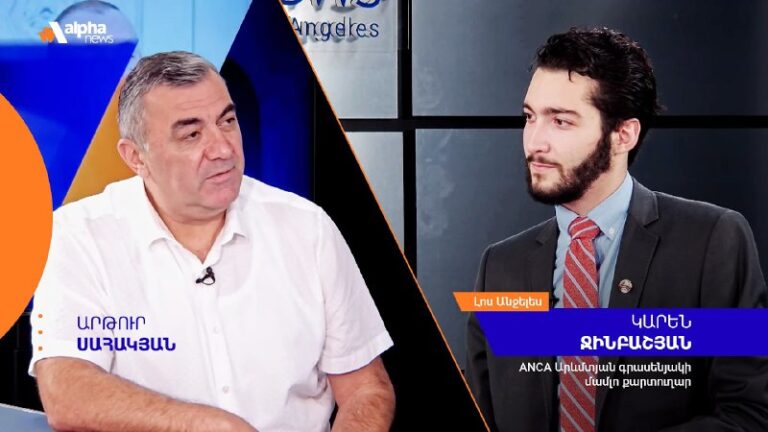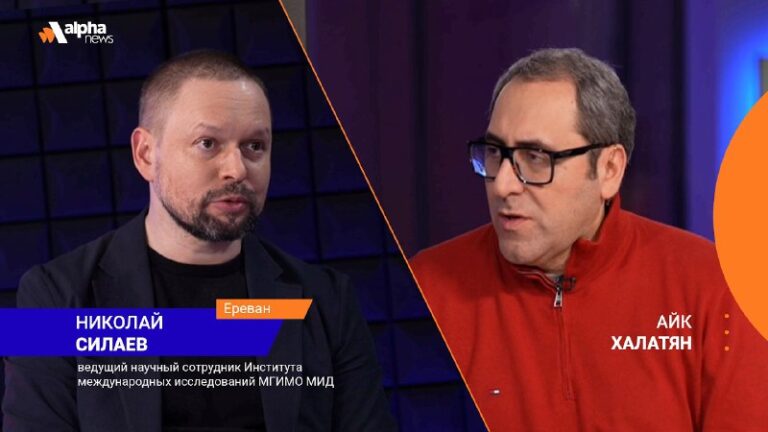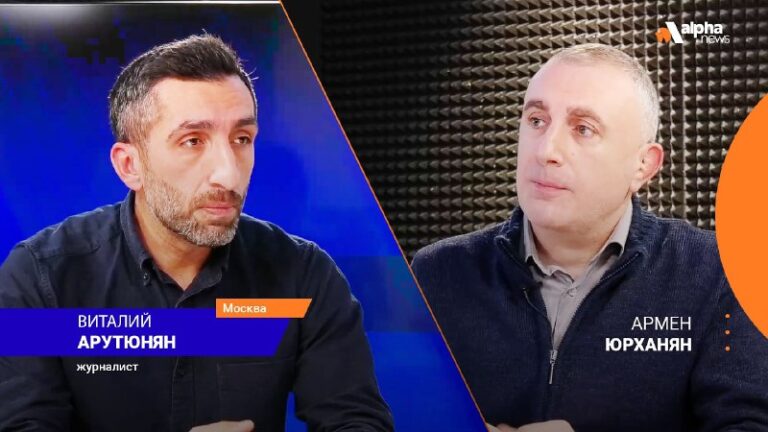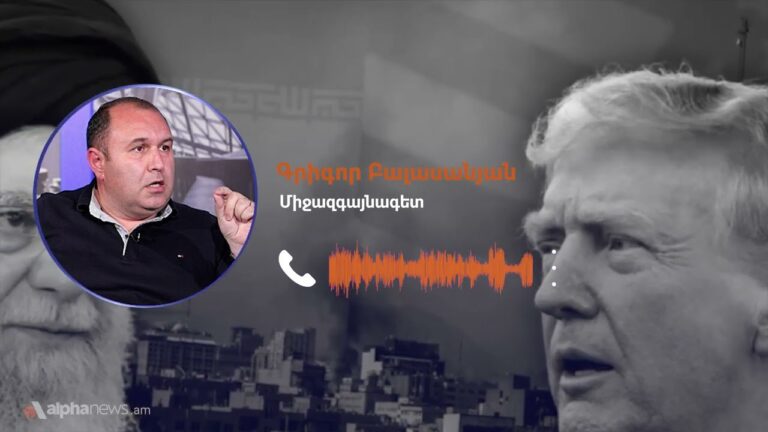Pashinyan tries to place blame on victims of Armenian Genocide — Suren Manukyan
January 28 2025, 20:00
Armenian Prime Minister Nikol Pashinyan, during the meeting with the Armenian community of Zurich on January 24, called for a re-examination of what happened during the Armenian Genocide to understand why it happened, how it was perceived, why the question of the Armenian Genocide was not part of the agenda in 1939, and why it appeared only in 1950. Alpha News spoke with genocide scholar Suren Manukyan on this topic.
“Genocide is not a reality or a phenomenon; it is a political crime. And being a political crime, naturally, it receives, has received, and will continue to receive political assessment. This topic will always occupy an active place in politics. In this regard, I believe, when we talk about Genocide, we have a specific approach. Pashinian’s recent remarks in Zurich might not have been so controversial if not for the context, if not for his earlier thoughts and actions. We feel threatened, realizing that a person can make a mistake once, make a wrong statement, but when it is systematic and the same topic is raised regularly and with the same emphasis, we realize that there is a deeper process going on here, about which we do not have an exact idea,” Manukyan said.
The genocide scholar emphasized that Pashinyan, in his remarks, tries to place the blame on the victims.
“Unfortunately, we often encounter manipulation. In other words, a sentence is voiced that contains, among other things, the truth. On the one hand, it may seem like an innocent explanation for why it happened. But when you compare it to his previous statements, which attempt to place the blame on the victims themselves, you begin to realize what he meant. If you think back to his messages of April 24, 2019-2020, you can see in them a demand for recognition at the highest level. But when you see that in just 4 years the rhetoric has dramatically changed, it is already difficult to accept, since the one who says all this is the same person, and it is this person who decides and implements the foreign policy issues of our country,” Manukyan concluded.







